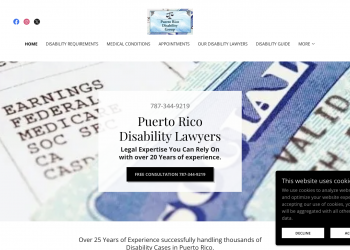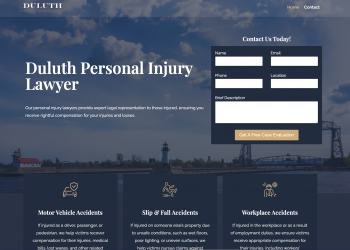In the complex world of legal practice, commitment to ethical principles is the foundation of professionalism. Among the various standards governing attorney conduct, RPC Rule 1.16 is very important, especially in the delicate topic of withdrawing from representation. This rule defines not just ethical issues, but also the legal requirements that lawyers must fulfill. As a result, it is critical to understand how both ethics attorneys and business lawyers manage the complexity of RPC Rule 1.16, shedding light on the relationship between ethical responsibilities and commercial imperatives in the legal profession.
With the stakes high and the complexities hard, a coordinated approach between ethics and business lawyers is critical to ensuring the smooth execution of this regulation while maintaining the integrity of legal practice. Ethics attorneys provide vital counsel on the ethical implications of withdrawing from representation, providing insights into the requirements outlined in RPC Rule 1.16 and assisting with ethical decision-making. Business lawyers, on the other hand, take a more pragmatic approach, taking into account the broader business implications of withdrawal. Their partnership guarantees that withdrawal decisions are not only ethically sound but also strategically aligned with the client’s interests, highlighting the symbiotic relationship between ethics and commerce in the legal field.
Understanding RPC Rule 1.16.
RPC Rule 1.16 acts as a guiding concept for attorneys considering resigning from defending a client. At its core, it addresses the ethical and legal obligations that such judgments entail. However, the choice to withdraw is never arbitrary; it necessitates a careful balancing of ethical concerns and legal obligations.
One of the key ethical issues under RPC Rule 1.16 is to ensure that withdrawal does not harm the client’s interests. Ethics attorneys play an important role in guiding their colleagues on how to meet ongoing client commitments while considering withdrawal. This involves minimizing harm to the client and ensuring a smooth transition to new representation, if necessary. Additionally, ethical attorneys help to document the reasons for withdrawal in accordance with regulatory standards, protecting both the lawyer’s reputation and the client’s rights.
Role of Ethics Lawyers
Ethics attorneys offer crucial advice on the ethical implications of withdrawing from representation. They provide insights into the requirements outlined by RPC Rule 1.16, assisting their colleagues in navigating the intricacies of ethical decision-making. Furthermore, ethics lawyers play an important role in reducing client harm during the withdrawal process while protecting their interests.
Role of Business Lawyers
Business lawyers offer a realistic approach to the implementation of RPC Rule 1.16 in commercial transactions and corporate affairs. They analyze not only the ethical concerns, but also the larger business consequences of withdrawal. In corporate contexts, business attorneys work with ethics lawyers to develop strategies that meet both legal requirements and commercial goals. This involves doing extensive risk assessments and advising clients on the best course of action.
Collaborative Approach to Ethics and Business
The junction of ethics and business in the application of RPC Rule 1.16 demonstrates the multifaceted character of legal practice. Ethics attorneys and business lawyers work together to create a balance between ethical concerns and business imperatives. By combining their skills, they ensure that withdrawal decisions are both ethically sound and strategically aligned with the client’s objectives. This collaborative approach not only maintains the integrity of the legal profession, but it also serves clients’ best interests in an ever-changing legal context.
Conclusion: Integrating Collaborative Ethics into Legal Practice
In today’s ever-changing legal world, the symbiotic partnership between ethical and business attorneys stands out as a beacon of professionalism. RPC Rule 1.16 emphasizes the ethical responsibilities involved in withdrawing from representation, which necessitates a difficult balance between client protection and legal requirements. Through coordinated efforts, ethics attorneys and business lawyers manage the complexity of this rule, ensuring that judgments are both ethically sound and strategically beneficial to clients. As the legal landscape changes, the commitment to maintaining professional integrity remains unwavering, guided by the collaborative approach of ethics and business attorneys to interpreting and enforcing RPC Rule 1.16.
Furthermore, the collaborative approach taken by ethics and business lawyers not only protects ethical norms but also develops a culture of transparency and trust among the legal community. By collaborating to tackle the complexity of RPC Rule 1.16, lawyers demonstrate their dedication to providing clients with integrity and diligence. This collaborative culture transcends particular cases, influencing the larger landscape of legal practice. As a result, adopting a collaborative ethic becomes not only a professional requirement, but also a monument to the legal profession’s resiliency and integrity in a rapidly changing world.









